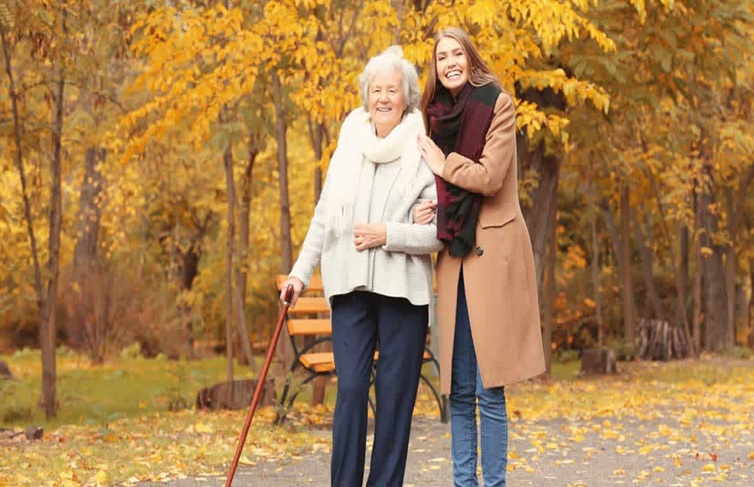Caring for older adults is a responsibility that requires patience, understanding, and a willingness to help them maintain their independence and dignity. As people age, they may experience physical and mental changes that can affect their ability to care for themselves.
It’s important to know how to provide the support they need while respecting their choices and preferences. This guide will help you understand the key aspects of caring for older adults.
Think About Healthcare and Medical Needs
One of the most important aspects of caring for older adults is ensuring their health needs are met. As people age, they may develop chronic conditions such as heart disease, diabetes, or arthritis.
Regular check-ups with doctors are essential for managing these conditions and preventing them from getting worse. It’s also important to make sure they follow prescribed treatments and take their medications as directed.
Research Different Alzheimer’s Treatment Options
As older adults age, some may experience cognitive decline, including conditions like Alzheimer’s disease. Alzheimer’s is a type of dementia that affects memory, thinking, and behavior. It can be difficult to watch a loved one go through this, but there are alzheimer’s treatment options that can help.
Doctors may recommend medications, which can slow the progression of symptoms. Along with medications, creating a structured routine and providing mental stimulation through activities like puzzles, games, or simple conversations can help.
Providing Emotional Support
Older adults can sometimes feel lonely or isolated, especially if they live alone or are unable to get out as much as they used to. Emotional support is just as important as physical care. Take the time to listen to their concerns, offer companionship, and encourage social activities.
Family visits, phone calls, and even virtual connections through video chats can brighten their day. You can also encourage them to stay involved in hobbies or volunteer work, which can provide a sense of purpose.
Consider 55+ Independent Housing
For many older adults, living in a traditional family home may no longer be the best option. 55+ independent housing communities designed for older people can provide a safe and comfortable environment. These communities often offer services like housekeeping, transportation, and social activities that make it easier for older adults to maintain their independence.
In these settings, they can live in their own apartments or homes while having access to help when needed.
Nutrition and Physical Activity
Maintaining good nutrition and staying active are essential for the health and well-being of older adults. A well-balanced diet can help prevent many health issues, including malnutrition and weight loss. It’s important to make sure they eat enough fruits, vegetables, whole grains, and lean proteins.
If they have specific dietary restrictions due to health conditions, work with a doctor or nutritionist to create a meal plan that meets their needs. Physical activity, even in small amounts, can help improve strength, balance, and mood.
Conclusion
Caring for older adults can be both challenging and rewarding. It involves understanding their health needs, providing emotional support, and helping them maintain their independence. Whether it’s managing Alzheimer’s symptoms, considering 55+ independent housing, or encouraging physical activity and good nutrition, every effort you make counts.
Remember, the goal is to help older adults live their lives with dignity, comfort, and the support they deserve. By staying informed and being proactive, you can make a positive impact on their lives.


